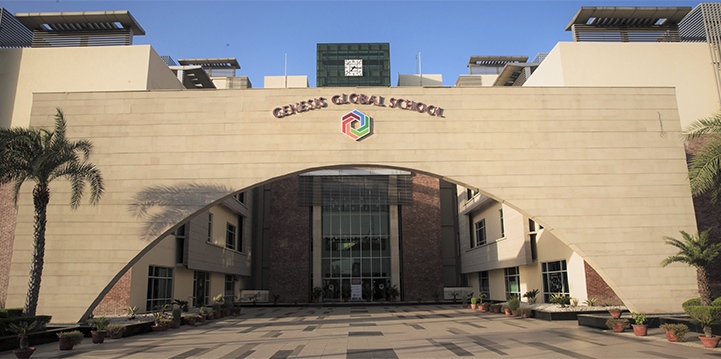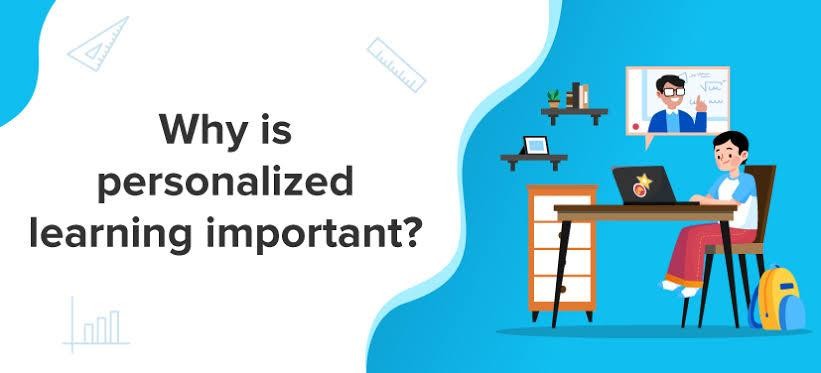A holistic vision of growth empowered by National Education Policy(NEP)

Education is a dynamic process that alters the life of students by providing them with the knowledge, thinking skills and holistic growth to manage the demands of the current world. The National Education Policy (NEP) 2020 aims to reform the Indian education system to imbibe this dynamism. Today, the education system is at an inflection point. As it evolves to adopt the new NEP, it leaves behind a fettered education system that hovered around rote learning. The modern digital learning platforms equipped with innovative teaching techniques are propelling it further to align with the global standards.
The education system in India is a remnant of the colonial education policy. The NEP intends to revamp it to introduce a new curriculum structure, assessment criteria and regulations. It promises a brand-new approach to teaching and learning, one that can facilitate the holistic growth of the students. The policy lays down the principle for an educational framework that would make our students future-ready.
Building a strong foundation
Several studies indicate that 85% of the cumulative brain development in a child happens by the age of six. Under the proposed 5+3+3+4 formula, the first five years are dedicated to foundational learning, which would develop a strong base for future academic endeavours. The policy enunciates regular assessment schemes at preparatory, middle and secondary levels to facilitate academic growth. Unlike the present system, children would be introduced to the semester system of education at the secondary level.
State school exams for grades 3, 5 and 8 have been created, along with board exams for classes 10 and 12. The focus of these examinations in the early years would be to test the literacy, numeracy, and foundational skills of students. It would also help students get comfortable with the assessment platform and not get overly stressed in the higher classes.
Focus on holistic development
The NEP encourages the students to shift from rote learning to in-depth understanding. The curriculum will be precise and limited to the basic tenets of education enabling the development of critical thinking faculties, discussions, and analysis. Teaching will be a two-way process with room for interactive, exploratory, collaborative, and experiential learning.
Students will get respite from the stringent segmentation of education between the streams of arts, humanities, commerce and sciences. The flexibility to choose subjects from different streams would allow students to learn at will and explore life possibilities arising out of their choice.
A highly literate and well-educated generation can responsibly shoulder social, political and economic roles while developing an overarching awareness of global issues. The NEP has the potential to transform the youth by making education more holistic and rewarding.
Skill development
The erstwhile education system did not provide for skill development. Graduates remained jobless due to the absence of skillsets. The NEP proposes a yearlong skill-development course in grades 6-8 where students can learn carpentry, electric work, gardening, pottery, metalwork etc. to be future-ready. A head-on start with vocational training may also serve as an impetus to entrepreneurial mindset development.
Training of trainers
All academicians including, teachers, lecturers and principals, would have to undergo a minimum of 50 hours of Continuous Professional Development workshops each year. This training is aimed at refining the teaching skills and techniques so that the educators are not left behind in the rapidly changing educational landscape. While the teachers of academically advanced international schools are already adept at digital teaching methods, teachers from other schools will have to equip themselves with the digital know-how to create synchronous and asynchronous lessons.
Brand-new framework
The government has ignited the spirit of change in the union budget 2021-2022 and allocated the qualitative strengthening of 15,000 government schools across India to implement NEP. The NEP provides for the formation of an autonomous body called the National Educational Technology Forum. The forum would provide a platform for exchanging ideas and using technology to enrich the teaching-learning experience. Teaching and learning e-content will be available on e-learning platforms such as DIKSHA, SWAYAM & SWAYAMPRABHA.
Starting an entrepreneurial revolution
India is a young country that produces more than 350 lakh graduates every year. However, the employability ratio of these graduates is less than 50 percent. With the NEP in place, the education system hopes to reduce this gap and produce more quality graduates. What’s more, is that the NEP can help generate employment opportunities in the market as its curriculum structure also focuses on life-long learning and developing an entrepreneurial mindset.
By integrating vocational elements, engaging with the practical side of learning, and building entrepreneurial competencies, the possibilities of developing unique, creative, confident, and remarkable individuals who can contribute towards nation building will accelerate. As Nelson Mandela said: “Education is the most powerful weapon you can use to change the world.” Taking the same vision forward, the New Education Policy can help transform India’s education system and create a knowledge-based society full of dynamic individuals, inspiring leaders, and responsible citizens.
Popular Posts
Recent Posts
Archive
- January 2025
- December 2024
- November 2024
- October 2024
- September 2024
- August 2024
- July 2024
- June 2024
- May 2024
- April 2024
- March 2024
- February 2024
Newsletter
 A1 and A12, SECTOR-132,EXPRESSWAY, NOIDA (201304)
A1 and A12, SECTOR-132,EXPRESSWAY, NOIDA (201304)
 +91-9711000498 / 560 / 625 / 626
+91-9711000498 / 560 / 625 / 626
 info@genesisgs.edu.in
info@genesisgs.edu.in
- Contact Us
- Address
- Mobile Number
- +91-9711000498 / 560 / 625 / 626
- info@genesisgs.edu.in
© Copyright 2018, all rights reserved with Genesis Global School






















Leave a Reply